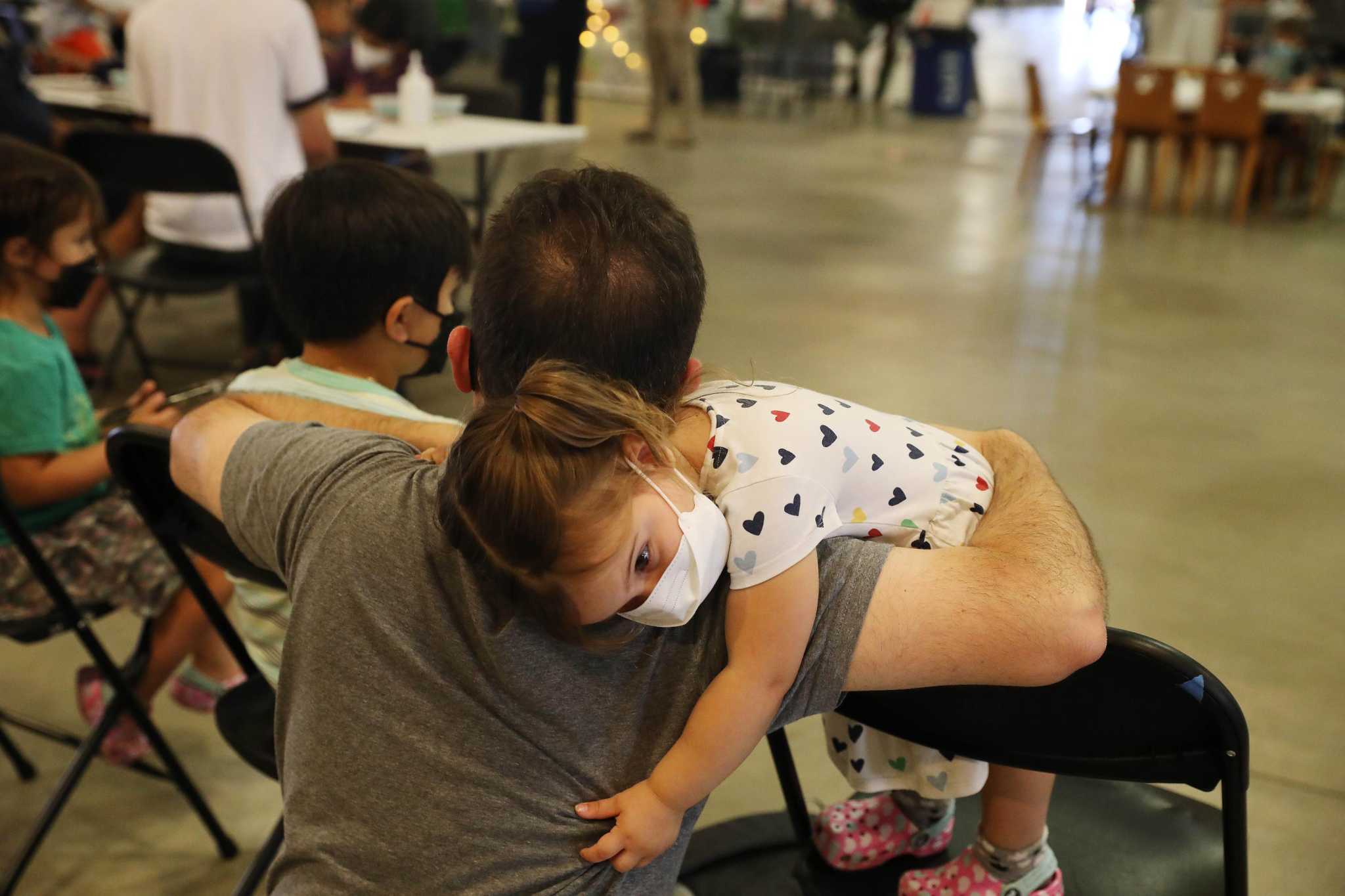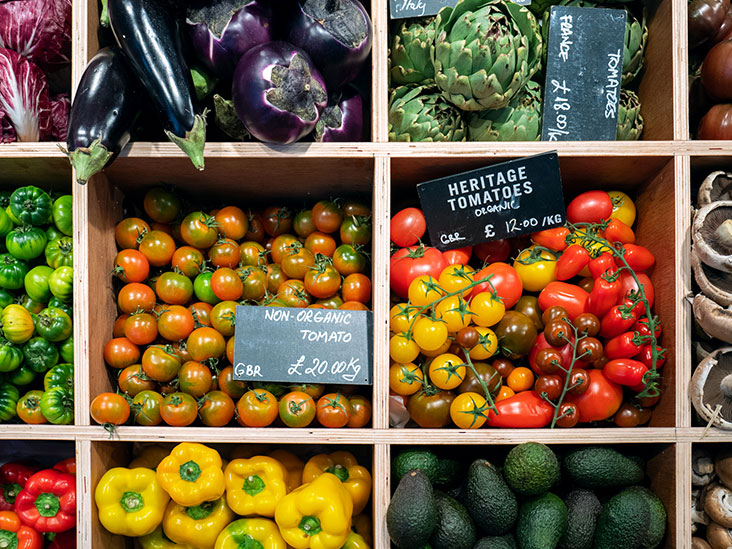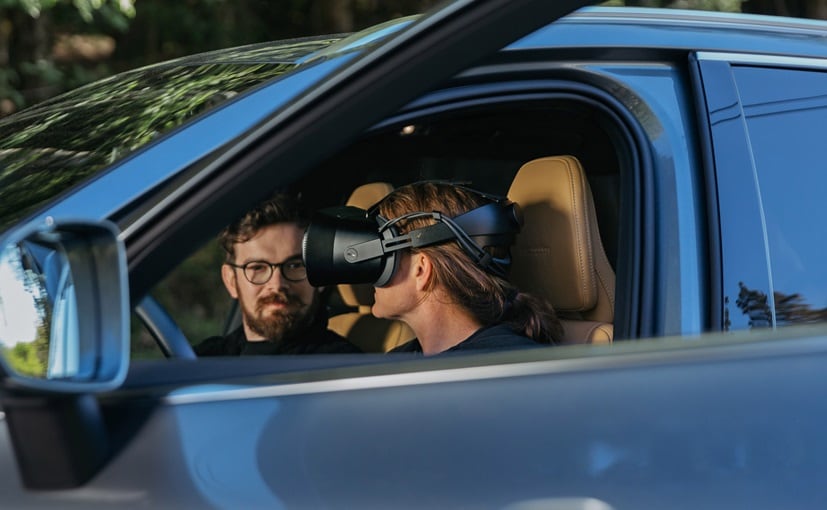[ad_1]
UCSF’s Dr. Bob Wachter called the BA.5 omicron subvariant “a different beast” compared to other coronavirus mutations, with differences that could prompt behavioral changes to avoid infection. The notion that “hybrid immunity” from both a coronavirus infection and vaccination offers a high degree of protection has been thrown into doubt with the onset of the highly infectious infectious omicron subvariants BA.4 and BA.5.
Study: COVID reinfections increase the risk of new health problems
Repeated COVID increase risks for new and ongoing health problems, according to a new study of data from more than 5.6 million people Veterans Administration patients. Compared to patients who never got COVID, those infected once or more saw a proportionally increased risk of cardiovascular, gastrointestinal, musculoskeletal, kidney, and neurological disorders, as well as mental health problems, researchers found. Antibodies from previous infections did not appear to reduce the risk. Among the 40,000 patients with two or more confirmed infections, the risk of death was twice as high and hospitalization within six months of their last infection three times higher. “Given the likelihood that SARS-CoV-2 will remain a threat for years if not decades, we urgently need to develop public health measures that would be embraced by the public and could be sustainably implemented in the long-term to protect people from re-infection,” the researchers wrote.
German firm sues BioNTech, alleging patent infringement in COVID vaccine development
German biotech company CureVac said Tuesday it is suing BioNTech for work that it says contributed to the development of the BioNTech-Pfizer coronavirus vaccine. BioNTech said its work is original and it would “vigorously” contest the claim outlined in the patent infringement suit, the Associated Press reports. CureVac, which last year reported disappointing results from late-stage testing of its own first-generation COVID-19 shot, earlier this year started a clinical trial of a second-generation vaccine candidate developed with British pharmaceutical company GSK. CureVac said it would not pursue a court injunction and doesn’t “intend to take legal action that impedes the production, sale or distribution” by BioNTech and Pfizer of their successful Comirnaty vaccine. Both CureVac and BioNTech have worked to develop the messenger RNA technology employed in their respective vaccines and potentially for other uses.
COVID-19 third leading cause of death in the U.S. in both 2020 and 2021
COVID-19 was the third leading cause of death in the United States between March 2020 — when the pandemic got underway — and October 2021, according to death certificate data analyzed by National Institutes of Health researchers. During those 20 months, COVID-19 accounted for 1 in 8 deaths (350,000 deaths) in the United States. Heart disease was the leading cause of death, followed by cancer, and together they accounted for 1.29 million deaths, according to the study published Monday in JAMA Internal Medicine. Accidents and strokes were the fourth and fifth leading causes of death. In every age group 15 years and older, COVID-19 was one of the top five causes of death.
BA.5 now makes up more than half the cases in the U.S.
The omicron BA.5 subvariant of the coronavirus accounted for 53.6% of infections nationally last week, continuing its rapid rise to become the dominant strain of the virus in the U.S. The closely related BA.4 subvariant made up an additional 16.5% of cases, as the newer variants crowd out BA.2 and BA.2.12.1. Over the weekend, Dr. Bob Wachter, UCSF’s chair of medicine, cautioned that BA.5 is “a different beast” from previous strains of the virus — more infectious and better able to evade immune responses — and could cause another surge of cases before we have a chance to recover from the previous wave.
Elite world running event canceled due to COVID situation in China
The world half-marathon championships have been canceled because China wasn’t able to host the races due to the coronavirus pandemic, World Athletics said on Tuesday. Instead of the event being held in Yangzhou in November as planned, the city will, instead, be given the rebranded world road running championships in 2027, officials said. The championships are on track to be renamed the world road running championships with the addition of 5-kilometer races and mass-participation events alongside the elite competitions. China has put tight restrictions on arrivals from foreign countries during the pandemic and imposes wide-ranging lockdowns for any COVID-19 positives within the country. China hosted the Winter Olympics in February in a bubble which involved cordoning off whole sections of Beijing.
Virtual activities not so popular going forward
Many Americans don’t expect to rely on the digital services like health care and grocery delivery after COVID-19 subsides, a new poll finds, although many say it’s a good thing if those options remain available in the future. Close to half or more of U.S. adults say they are not likely to attend virtual activities, receive virtual health care, have groceries delivered or use curbside pickup after the coronavirus pandemic is over, according to a poll from the Associated Press-NORC Center for Public Affairs Research. Less than 3 in 10 say they’re very likely to use any of those options at least some of the time.
Why UCSF’s Bob Wachter says COVID variant BA.5 is “a different beast”
The new BA.5 strain of the COVID-causing virus is “a different beast” from ones we’ve already seen — more infectious and better able to evade immune responses — and “we need to change our thinking” about how to defend against it, according to a data-packed Twitter thread posted today by Dr. Bob Wachter, UCSF’s chair of medicine.
One COVID expert’s reinfection shows why ‘hybrid immunity’ may no longer be possible
Hybrid immunity against COVID due to both infection and vaccination was considered highly protective against new variants earlier in the pandemic. But with super infectious omicron subvariants BA.4 and BA.5, that may not hold true any longer. Read more about hybrid immunity and reinfection here.
Here’s how to measure the risk of getting COVID from someone who’s asymptomatic
How likely is it for people to catch COVID from someone who is asymptomatic? It’s not impossible — and may be more common than people realize, health experts say.
Will new COVID variants BA.4 and BA.5 cause the Bay Area’s surge to get even worse?
Two new highly infectious and immune-evasive COVID variants are now dominant in the United States, and together they likely will drive the Bay Area’s long spring surge well into summer, health experts say.
[ad_2]
Source link








